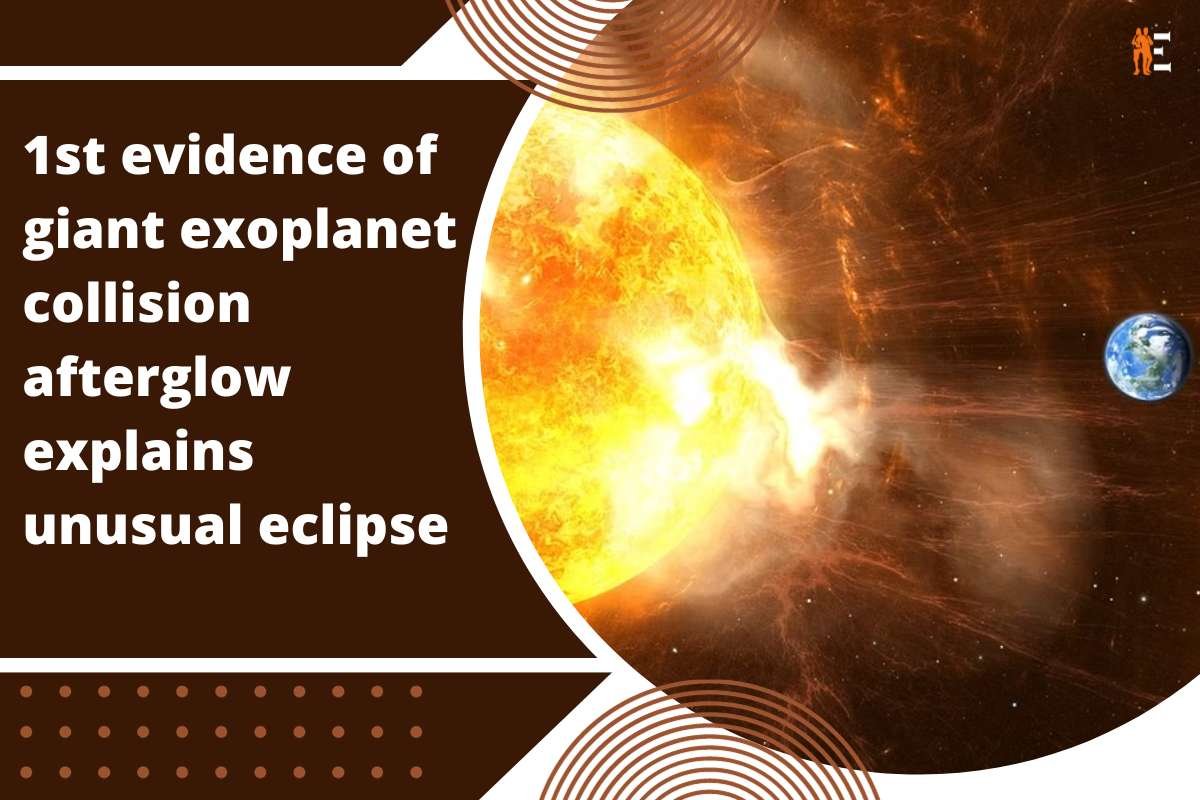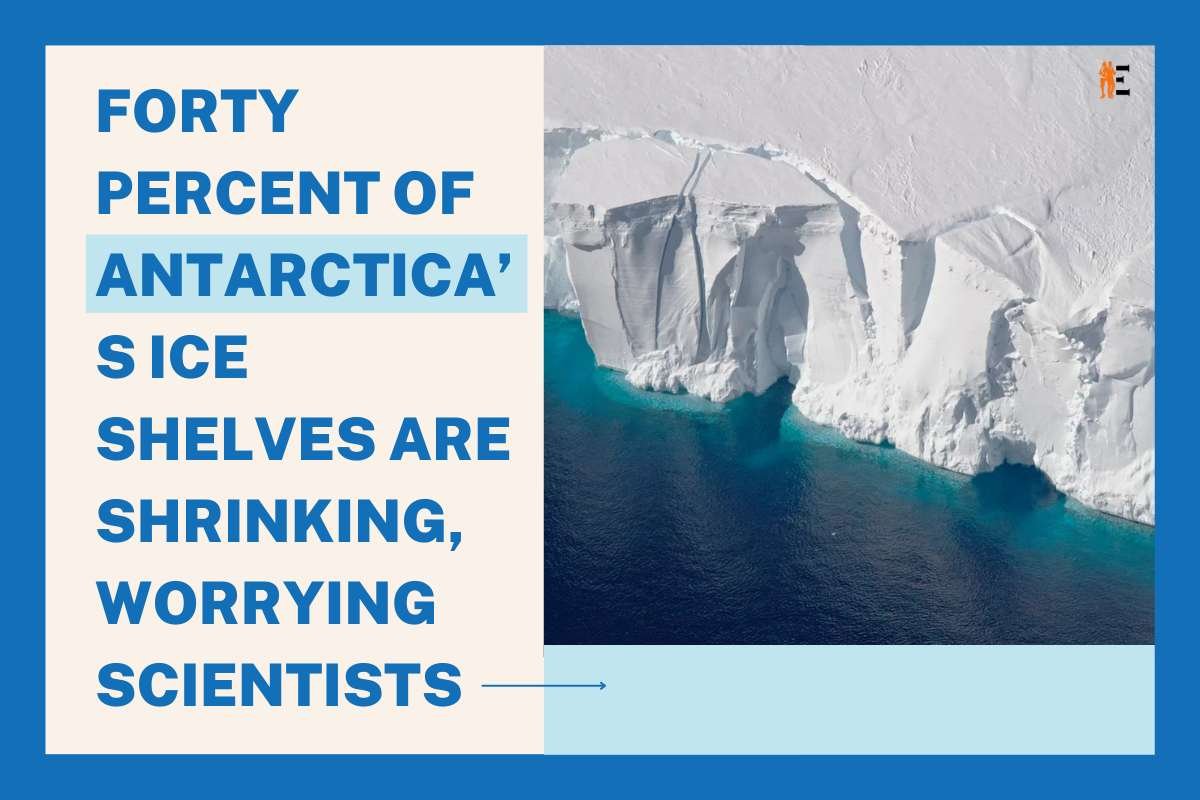A recent report based on an ice core retrieved from beneath Greenland’s ice sheet has unearthed a chilling discovery. The study, published in the journal Science, reveals that around 400,000 years ago, a significant portion of Greenland was ice-free, occurring during a period with similar temperatures to the ones the world is presently approaching. This finding overturns previous assumptions that Greenland’s ice sheet remained frozen for millions of years. Instead, it suggests that moderate natural warming triggered massive melting and resulted in a staggering sea level rise of over 1.4 meters (4.6 feet).
Higher Carbon Dioxide Levels
As global temperatures continue to rise and carbon dioxide levels in the atmosphere are 1.5 times higher than they were 400,000 years ago, the implications are dire. The research indicates that Greenland’s ice sheet could be more vulnerable to human-caused climate change than previously understood, leading to irreversible and rapid melting in the coming centuries.
If Greenland’s ice sheet were to melt entirely, it would cause a catastrophic rise in sea levels of about 7 meters (23 feet), devastating the billions of people living along the world’s coasts.
Ice sheets in Greenland, Antarctica melting faster than previously thought, research shows
Years of Analysis
The study involved years of analysis of frozen sediment from an ice core collected in 1966 at Camp Century, a US army base in northwest Greenland. This frozen sample had been overlooked and stored in a freezer for decades until its rediscovery in Denmark in 2017. The sediment was examined at the University of Vermont and dated using luminescence technology at Utah State University, revealing that it was deposited in an ice-free environment approximately 416,000 years ago.
The consequences of such rapid ice melting extend beyond sea level rise. The loss of white ice, which reflects the sun’s energy away from the Earth’s surface, accelerates global warming. As the ice is replaced with darker rock and vegetation, more heat is absorbed, creating a feedback loop that intensifies the warming process.
Scientists not involved in the study emphasize its importance in bolstering confidence in climate change predictions and highlight the urgent need for radical action to address planet-heating pollution. Failing to reduce emissions and remove existing carbon pollution from the atmosphere could lead to the dire fate of Greenland’s ice sheet, with rapid sea level rise on the horizon.
The Findings
The findings serve as a stark warning of the fragility of Greenland’s ice sheet and its susceptibility to the current climate crisis. Climate scientists urge policymakers and nations to unite in taking decisive measures to avert an impending disaster that could affect humanity on a global scale. As the Earth’s past reveals the potential consequences of climate change, it serves as a compelling call to action for a more sustainable and resilient future.











